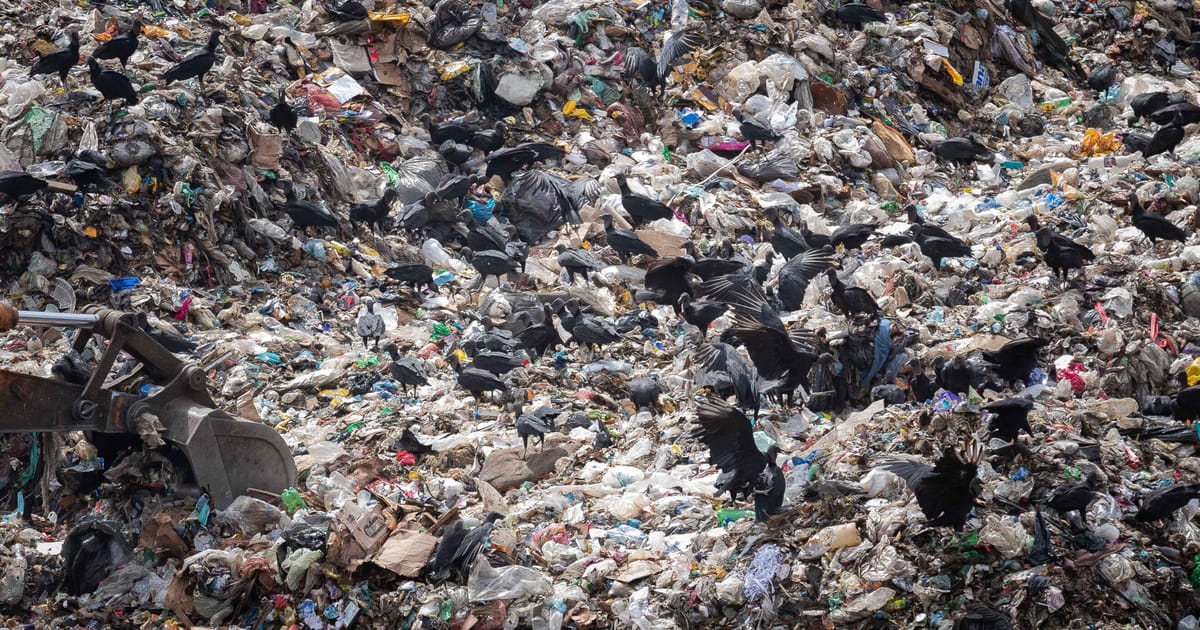

As our world navigates a complex landscape of environmental challenges, recent developments across continents underscore the delicate balance between human progress and ecological preservation. This report draws together key environmental stories highlighting a shared global responsibility to protect our planet, while also observing the diverse challenges faced by different regions.
Europe’s Waste Incineration Conundrum
Across Europe, waste management strategies are under intense scrutiny. Initially lauded as an eco-friendly alternative to landfills, waste incineration is now revealing its complexities. While this method of energy recovery from waste was presented as an environmentally conscious solution, growing concerns about its actual ‘cleanness’ have emerged. The energy valorization of waste, while intended to reduce landfill dependency, is facing hurdles that have turned it into a challenging puzzle for policymakers. Critics argue that incineration may not be the comprehensive solution it was once considered, necessitating innovative approaches in waste management to truly achieve sustainable outcomes.
DRC Oil Drilling: A Challenge to Conservation
Moving to Africa, the Democratic Republic of the Congo (DRC) faces a significant environmental dilemma. The government has opened up large swaths of its territory for oil and gas exploration, placing vital gorilla habitats and pristine forests in jeopardy. This decision—affecting more than half of the nation and involving 52 fossil fuel blocks—poses serious challenges to conservation efforts. Experts caution against these activities in what is known as the “world’s worst place to prospect for oil” due to its vast carbon reserves and unique biodiversity. With these developments, the DRC finds itself at a crossroads between economic development and environmental preservation, a choice that will have lasting implications for millions.
China’s Floods: Harnessing Collective Resilience
In Asia, China is facing the aftermath of devastating floods that have claimed over 30 lives and displaced tens of thousands of residents. With some areas in Beijing experiencing up to 543mm of rainfall, authorities have had to relocate approximately 80,000 people to safety. Such extreme weather events highlight the increasing intensity and frequency of natural disasters, urging a concerted focus on collective resilience and adaptive strategies. The community spirit and diligence displayed by emergency services in evacuating residents and managing this crisis demonstrate the strength in unity and preparedness in the face of climate challenges.
Portugal’s Battle Against Wildfires
Meanwhile, in Europe, Portugal finds itself battling aggressive wildfires that have prompted the highest state of alert. The fires, concentrated near the commune of Arouca, have mobilized nearly 2,000 firefighters across the country. The active response to these fires includes both ground and aerial efforts, showcasing an organized approach to fire management. However, these events underscore the growing threat of wildfires amid warming temperatures and prolonged dry conditions in regions worldwide. As communities grapple with these annual threats, increased emphasis on preventive measures and resource allocation has never been more pertinent.
Proactive Measures and Global Collaboration
In the face of these varied yet interconnected environmental challenges, it becomes crucial for nations and communities to adopt both proactive and reactive measures. Collaboration across borders, fields of expertise, and societies will play a vital role in addressing these trends effectively. Investments in sustainable technologies, robust policies, and education can guide the global community toward a healthier relationship with our shared environment. A mindful balance between development and ecological stewardship, supported by resilient frameworks, ensures that we are equipped to meet these challenges with foresight and compassion.
Source: {link}
